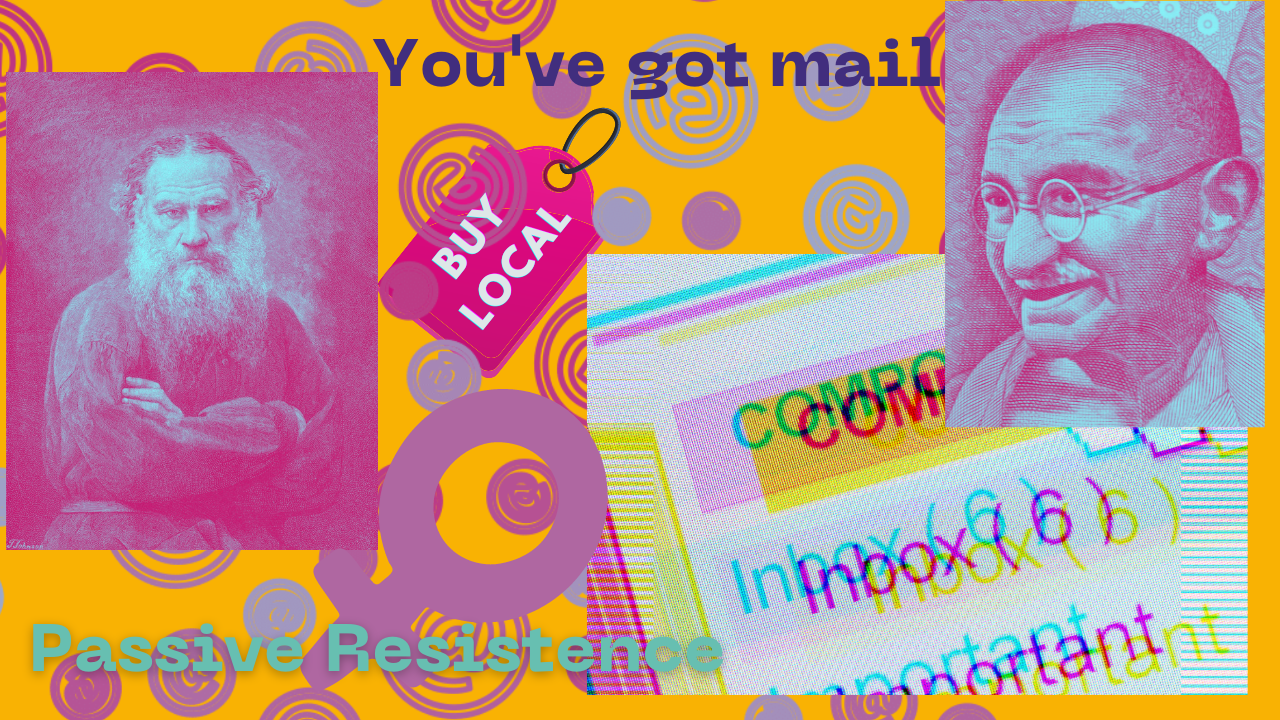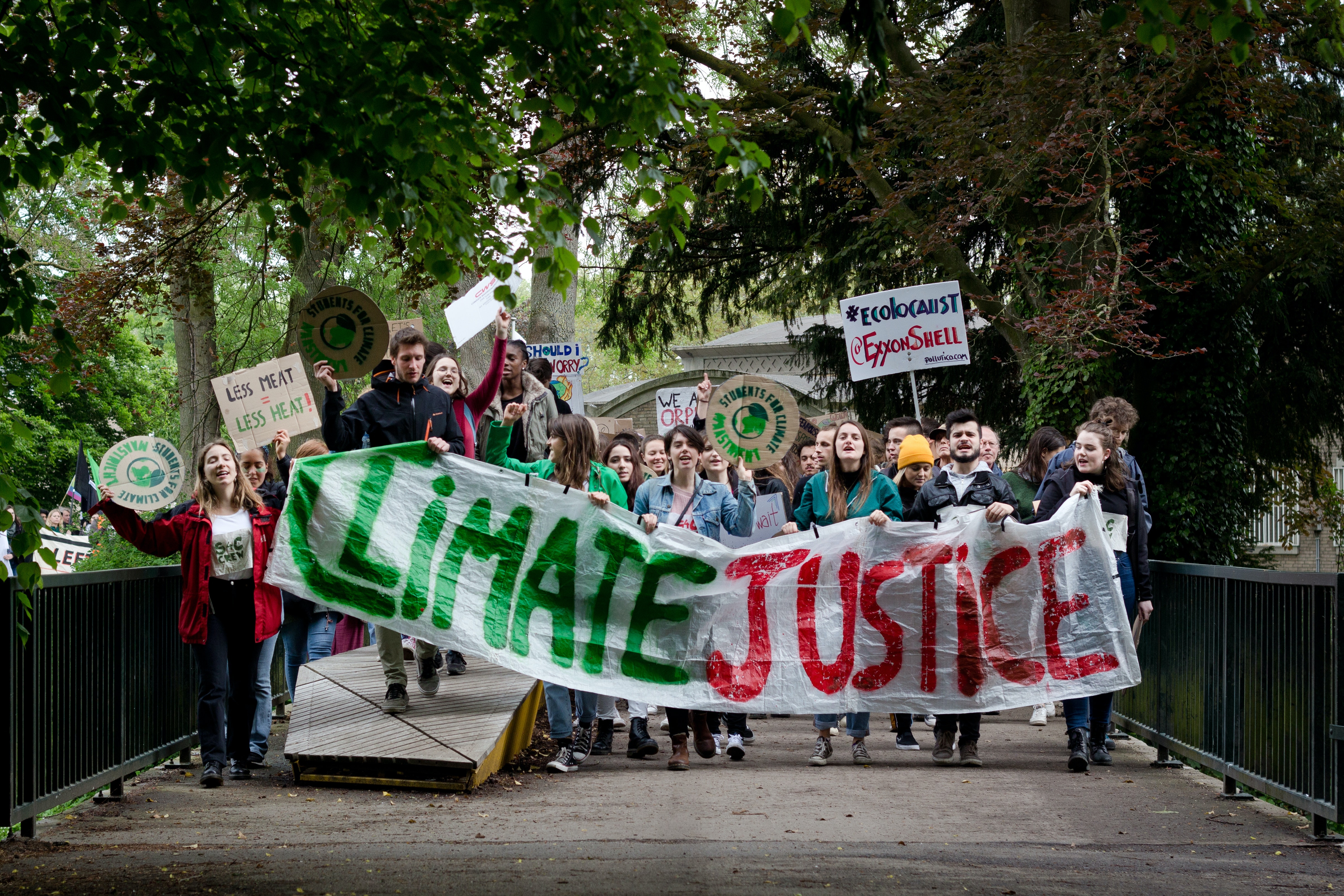Good governance is critical for the development and prosperity of any nation. In Africa, the role of civil society in promoting good governance has become increasingly important, given the challenges faced by many governments on the continent.
%20(1).png)
Source: Abraham Ename Minko Istanbul University – Turkey DOI: https://doi.org/10.47772/IJRISS.2023.70575 Received: 04 May 2023; Revised: 10 May 2023; Accepted: 13 May 2023; Published: 10 June 2023
.png)


